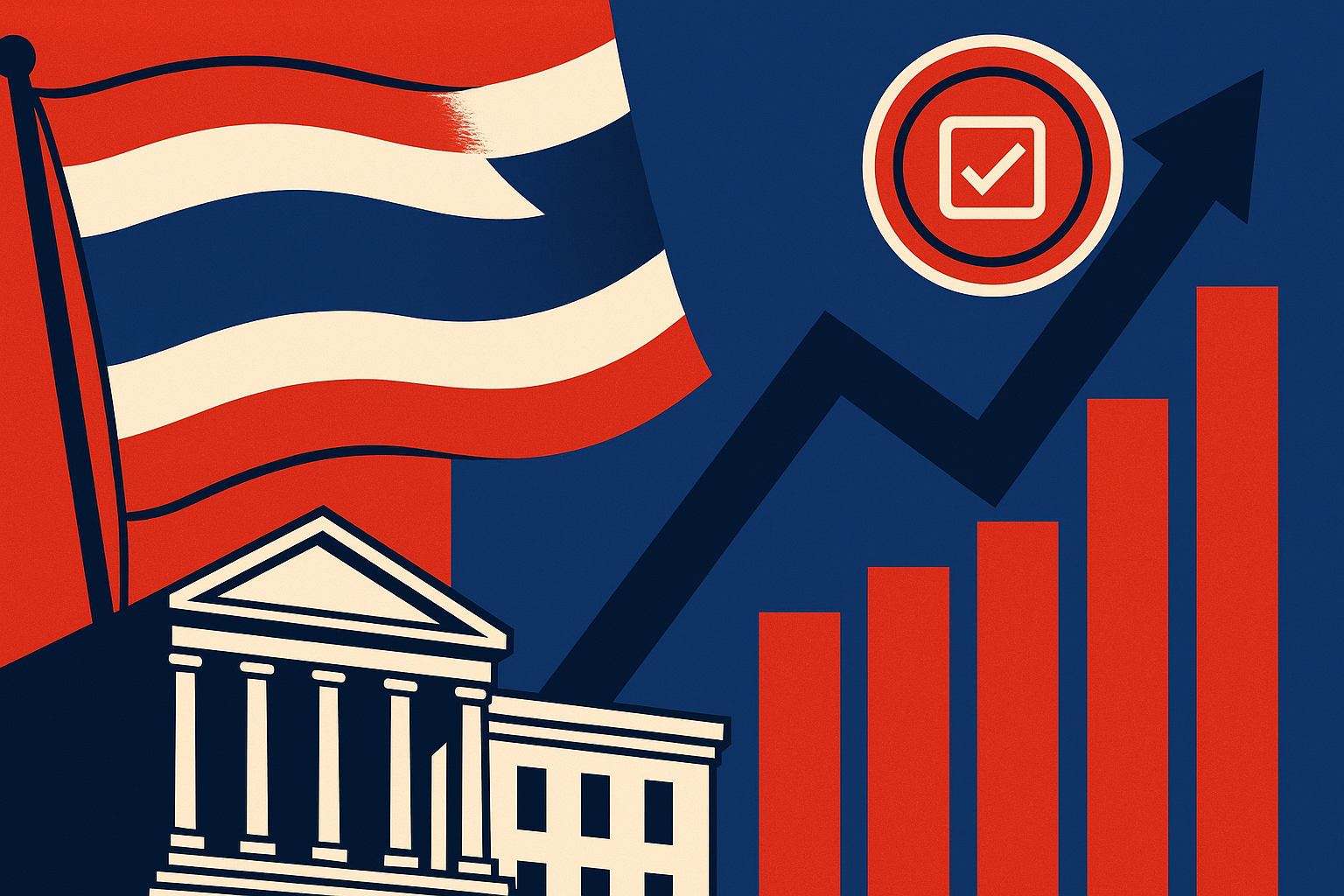While most of us were doom-scrolling the latest memecoin charts, the Thai Securities and Exchange Commission quietly dropped a consultation paper that could let every licensed crypto exchange in the country mint its own utility token. Yep, you read that right—Binance Thailand, Bitkub, Zipmex, Satang, the whole crew could soon have in-house coins that do more than just rack up trading-fee discounts.
Here's What Actually Happened
According to the draft—circulated late Monday night Bangkok time (April 8, 2024, if you’re hunting timestamps)—the SEC wants feedback on a brand-new category it calls "Exchange Utility Tokens" (EUTs). The proposal:
- Caps the annual issuance at $100 million worth (roughly ฿3.6 billion) per exchange.
- Limits initial distribution to verified customers on that very exchange.
- Requires a white paper that actually spells out burn mechanics, voting rights (if any), and utility beyond fee rebates.
- Sets a 2-year lockup if founders want to dump more than 25% of their stash—no more stealth exits.
Public comment runs until May 8, so we’ve got 30 days to shout on Twitter (sorry, X) before anything becomes law.
Why This Matters for Your Portfolio (and Ours)
We’ve watched other jurisdictions dabble in exchange-issued tokens—think BNB, OKB, and Koreans aping into Upbit’s old Bitthumb Coin rumor mill—but this is the first time a regulator is spelling out guardrails before the tokens exist. Thailand’s SEC is effectively saying, “Let’s legalize but keep it tame.”
Market nerds will notice Bitkub’s parent company already trades on the Thai stock exchange, so launching a utility token presses all sorts of questions about double-dipping in capital markets. One Bangkok-based trader in our Telegram channel, @P’Thanawat, quipped:
"If Bitkub Coin gives governance rights and the stock gives dividends, does that make the token a shadow share? SEC better spell that out, krub."
We feel that. Clarity beats vibes.
Community Hot Takes (Because We Love Drama)
1. The Optimists
"This opens a legal sandbox that could turn Bangkok into the next Lisbon," says Kritsana, a solidity dev moonlighting at Moralis. He’s already sketching an on-chain rewards platform that plugs straight into Bitkub’s prospective token. "Imagine yield-boost boosts when you shop at 7-Eleven." That’s… ambitious.
2. The Skeptics
Long-time Thai trader BeigeBuddha recalls the country’s 2017 ICO boom and bust: "We’re trading utility stickers on the same exchanges that list memecoins with 99% drawdowns. Color me cautious." Fair enough—$JFIN flashbacks still sting.
3. The Regulators
Not a direct quote (they’re painfully silent on Twitter), but one line in the paper jumps out: "Utility tokens shall not be promoted as investment products." Good luck policing TikTok influencers on that, guys.
The Price Action Angle
Even without the rules finalized, Thai-exchange tokens that already exist overseas popped. BNB briefly kissed $590 right after the news hit local Line groups, mirroring its utility-token-is-king narrative. Meanwhile, Bitkub’s stock (KUB) rallied 8% in the Bangkok afternoon session, closing at ฿42.75. Traders obviously smell a future airdrop.
Quick Tangent: ASEAN Competitive FOMO
Remember when Singapore MAS tightened retail leverage last year? Many Thai founders quietly relocated. Fast-forward 12 months and Thailand’s opening the faucet again. If these EUTs become reality, you might see Token2049 shift venues down the road. Hey, we can dream.
What Could Possibly Go Wrong?
• Liquidity Fragmentation: Five exchanges, five tokens—do we really need another five trading pairs against USDT?
• Regulatory Whiplash: Thailand banned crypto payments in 2022 and is now encouraging tokens for, well, payments. Mixed messaging anyone?
• Legal Squishiness: Will foreign traders get geo-blocked from buying these utility tokens? If yes, arbitrage could get messy.
Still, we can’t ignore how retail in Thailand skews heavily toward mobile-first DeFi. A native exchange token that earns you merch discounts at JD Central might become the norm faster than Western analysts anticipate.
Insider Trivia We Almost Missed
• The consultation hints at on-chain proof-of-reserve requirements for the tokens themselves—first time we’ve seen that in an official Thai doc.
• Exchanges must hold at least 20% of their liquidity in those same tokens to "align incentives." That’s basically a mandatory skin-in-the-game clause.
• The SEC left the door open for L2 issuance. If Bitkub goes Polygon, gas issues vanish.
So, Should We Ape When These Tokens Launch?
Our quick gut check: DYOR still rules. Remember when FTX’s FTT looked rock-solid? Yeah. But if the SEC forces real time burns, wallet transparency, and lock-ups, that risk profile changes. We’re bookmarking the consultation deadline and setting an alert for the next public hearing.
Where We Go from Here
Over the next month, you can e-mail comments to digital_asset@sec.or.th or fill a Google Form the SEC linked (super Web2, we know). Meanwhile, watch for local lobbyists pushing to widen the cap beyond $100 million. If that number nudges higher, expect a speculative frenzy similar to Korea’s exchange-coin season in 2021.
Bottom line? Thailand’s SEC is signaling it won’t sit on the sidelines while the rest of APAC experiments with regulated tokens. Whether it sparks a bull run or another bagholder hangover depends on how the community—and the market—respond.
See you in the comments. We’ll bring popcorn. 🍿



